-

2018 - Ocean-column imaging voyage
VoyageThe aim of the voyage was to enhance our capability to acoustically detect and characterise liquid and gaseous targets in the water column. -
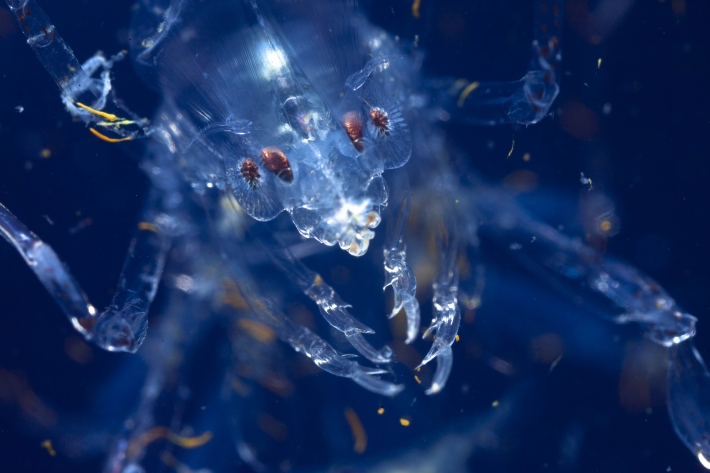
Voyage Update 5: Salp parasites and micropredators
10 November 2018. By Voyage Leader Dr Moira Decima. -
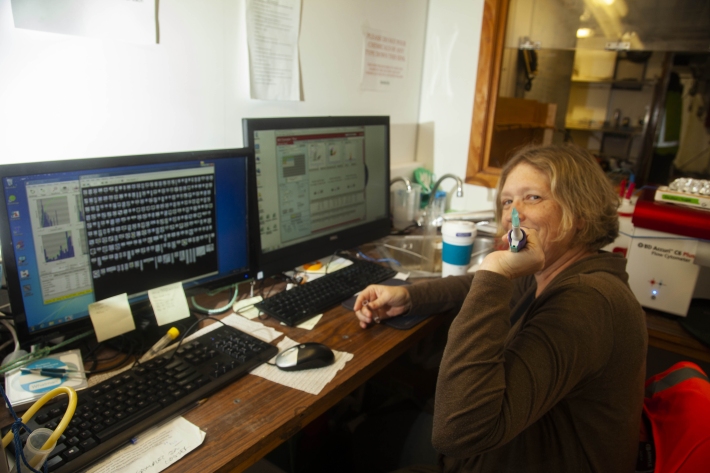
Voyage Update 4: Phytoplankton–the base of the food chain!
8 November 2018. By Voyage Leader Dr Moira Decima. -
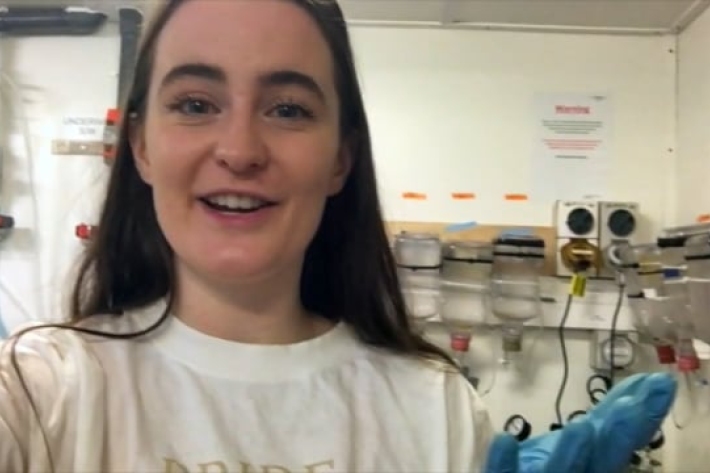
NIWA Blake Ambassadors Vlog 2: Fishing... for water!
-
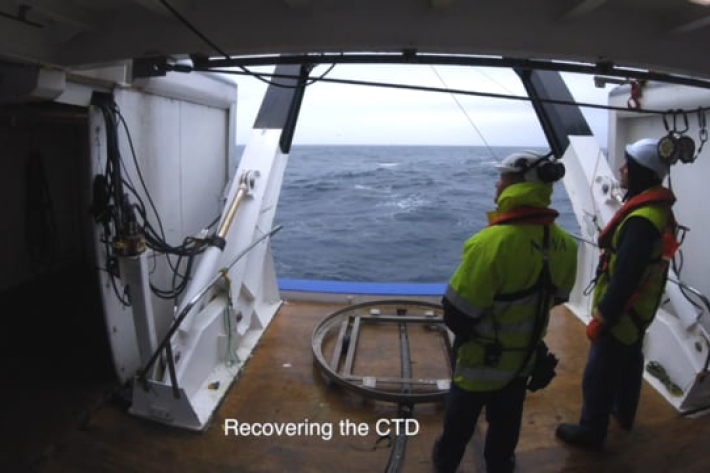
Timelapse: Different nets for different depths
27 October 2018. The NIWA Blake Ambassadors shoot a 12 hour time lapse from the cutaway deck on the RV Tangaroa. -
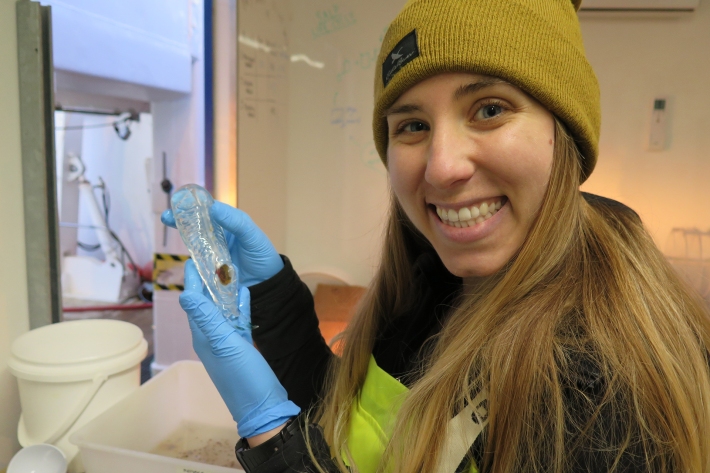
Voyage Update 3: It’s a salp world out there
4 November 2018. By Voyage Leader Dr Moira Decima. -
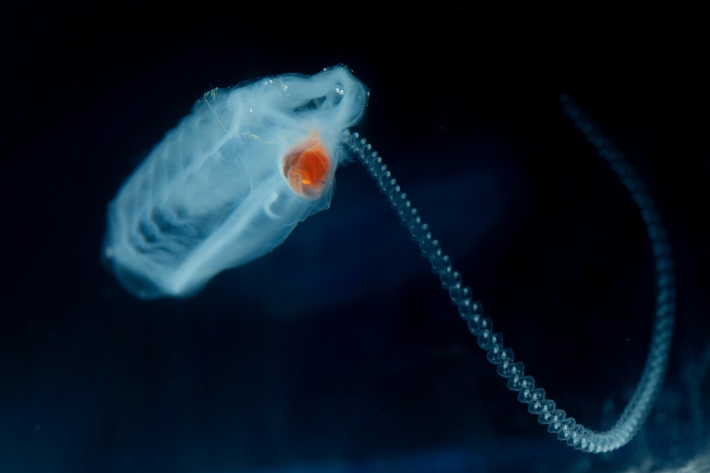
Voyage Update 2: Salp Cycle 1 is going well…
30 October 2018. By Voyage Leader Dr Moira Decima. -
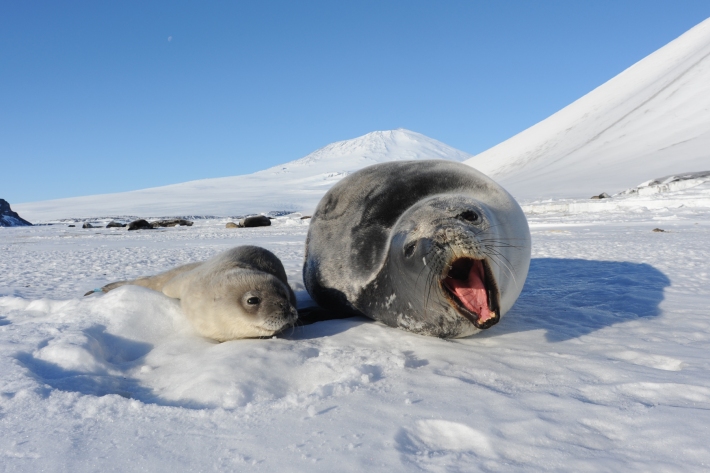
Scientists studying Weddell seal behaviour in Antarctica
Media release29 October 2018Scientists will be trying to understand how Antarctic-based Weddell seals see the world when they head to the ice next week. -
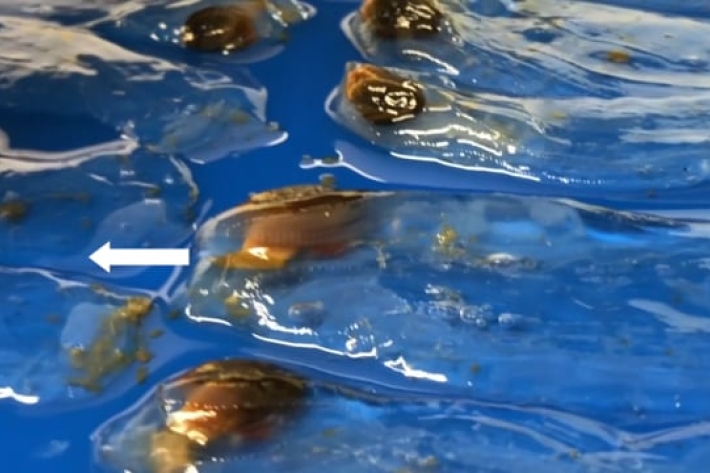
NIWA Blake Ambassadors Vlog 1: Sampling salps 24/7
Sampling salps from different depths -
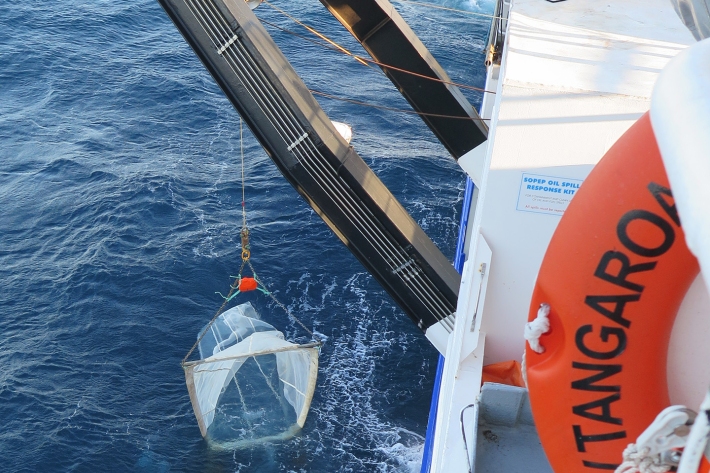
Voyage Update: Cycle 1 begins!
25 October 2018. By Voyage Leader Dr Moira Decima. -
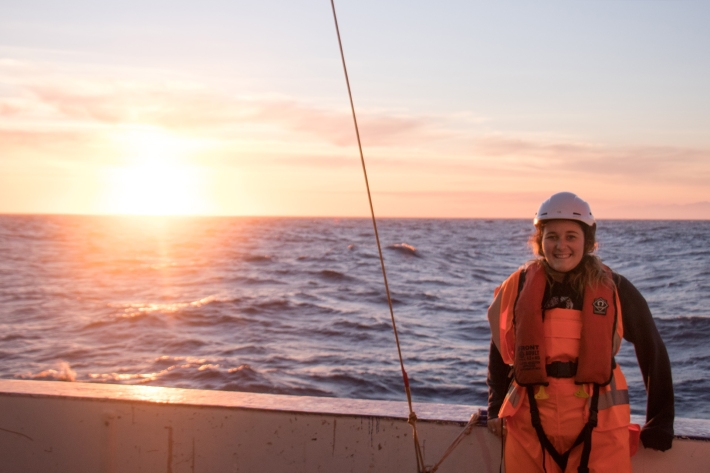
NIWA/Blake Ambassadors Blog 1
24 October 2018: NIWA Blake Ambassadors Lana Young and Siobhan O'Connor report back -
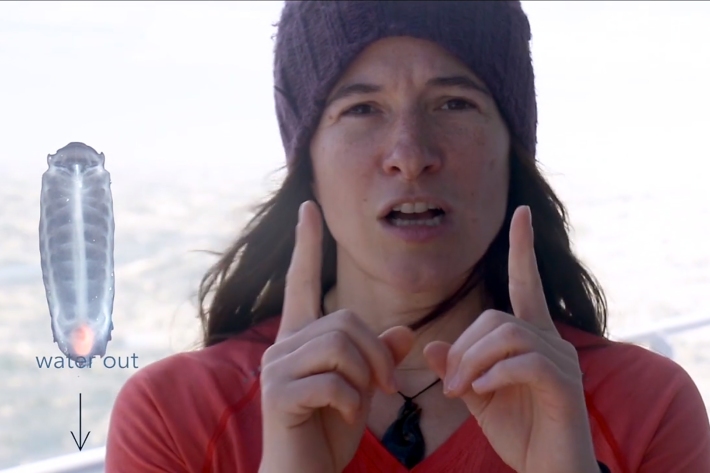
The Year of the Salps project
Students at Leigh School have been working with marine scientists and the 'Year of the Salps' project partners to learn how to count sea salps, understand salp life cycle phases and the importance of salps in marine ecosystems and their carbon-cycling effects on climate change.
